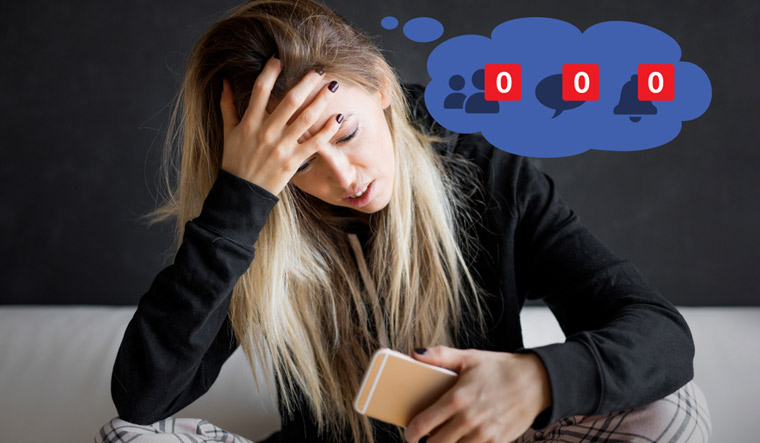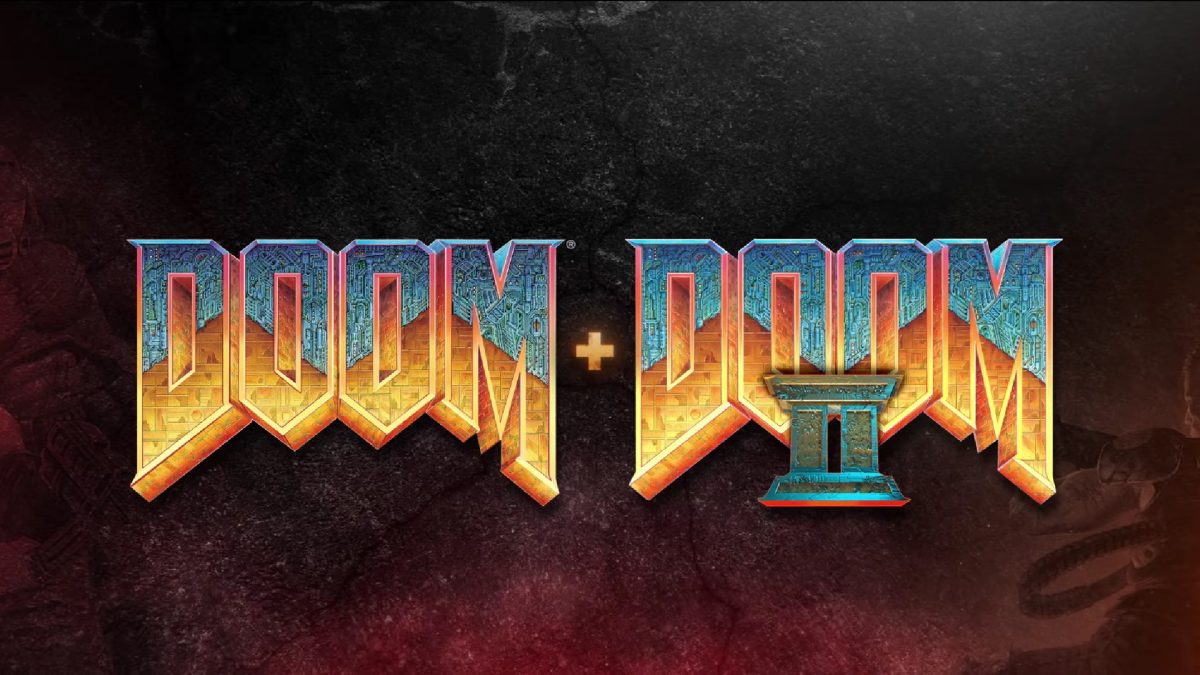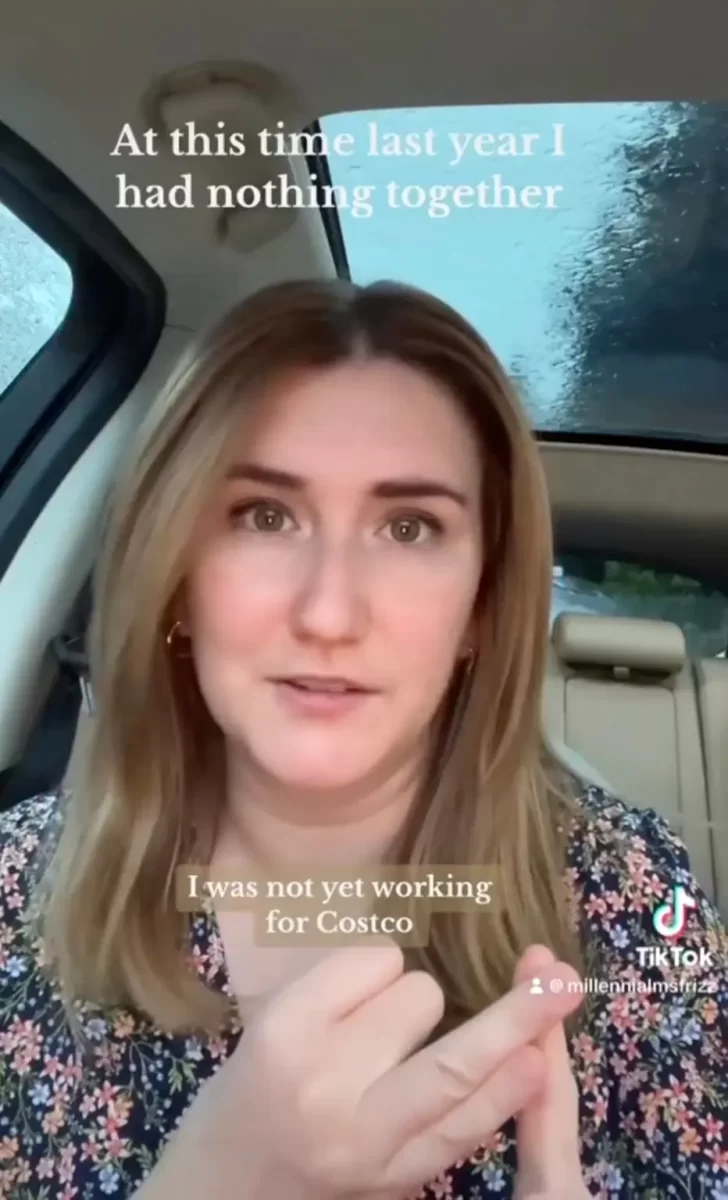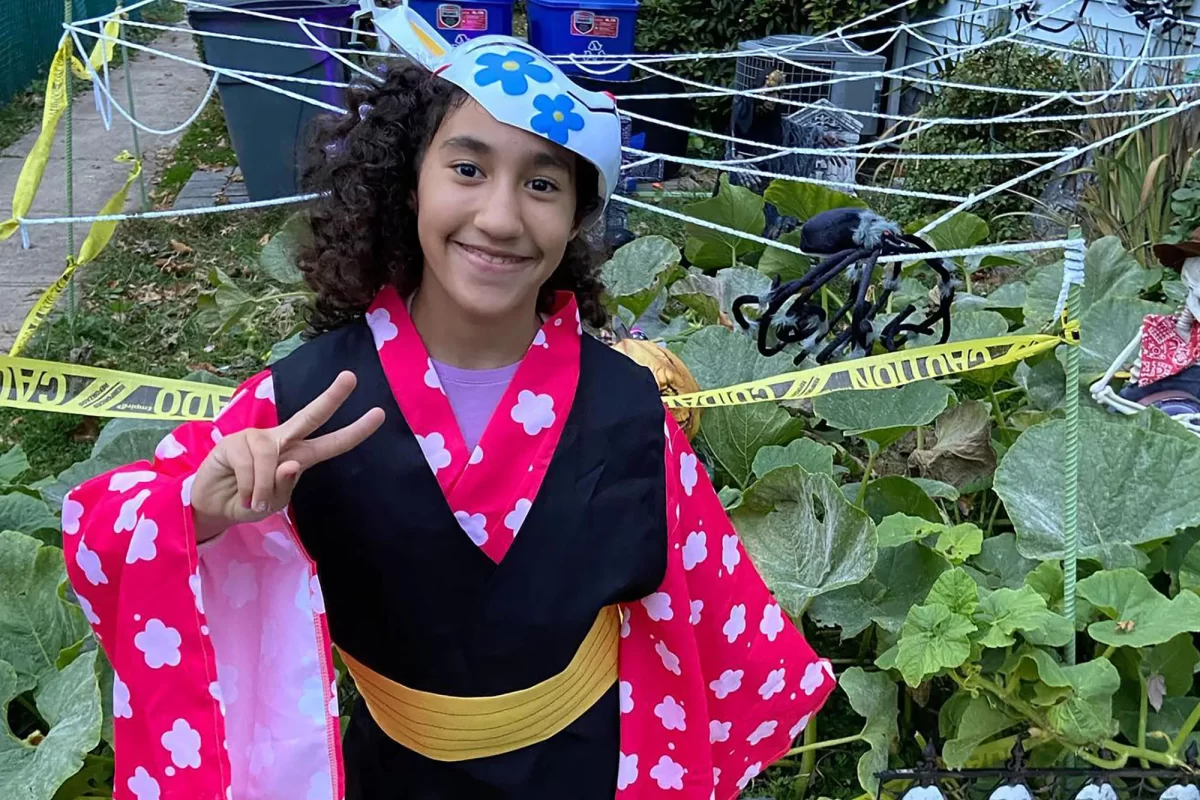With the advancement of technology, more and more of these social platforms begin to arise and their user audience expands. Now, with iPhones more available than they were in the past, and social media becoming more addictive with features like endless scrolling, teenagers are the target audience of social media apps and it begs the question: how will this affect their mental health?
In 1997, the first social media platform was created. Known as SixDegrees, this platform was a place for users to make friends, send messages, and social network. One of the key points of interest for this site was that users could see how many degrees of separation they were from another user. From SixDegrees to MySpace, to Facebook, and Instagram, social media has come a long way.
According to U.S. Surgeon General, Dr. Vivek Murthy, “Teens who use social media for more than three hours a day face double the risk of depression and anxiety symptoms, which is particularly concerning given that the average amount of time that kids use social media is 3 ½ hours a day.”
Social media was created to be another communication medium, where users could share their life with friends and family. Originally light-hearted and fun, social media has become something it did not necessarily anticipate. What was once a place for positivity and happiness has become a breeding ground for negativity and mean comments. So much so that a new form of bullying came about known as cyberbullying. Cyberbullying is when someone is bullied online rather than in person. This type of bullying is easier for the bully to perpetrate because they are often protected by anonymity which makes them braver.
With this concealed online identity, people can type out nasty, hateful comments from the comfort of their own homes and go about their day to forget about. It’s almost too easy— the sense of carelessness that with the click of a button someone’s self-esteem can be destroyed. These social media platforms normalize the bitterness and hatred leaving teens feeling sad or embarrassed.
While some apps have a guideline system like TikTok— where accounts can get flagged for mean comments— or Instagram, which reminds users to be kind before leaving a comment, there will always be some stragglers that bypass the system.
The more time teens spend on social media, the more likely they are to struggle with mental health problems. For many teens, social media can be used as an unhealthy escape from reality. These practices create a Negative feedback loop because they might feel good in the moment but in the long run, they’ll only make things worse.
Even the most positive aspects of social media might end up backfiring such as getting likes on posts. In this case, some teens equate likes with self-worth and feel upset if they don’t get enough.
Utah Governor Spence Cox states, “Regulating social media companies to protect minors is not a partisan issue, and most people across the political spectrum agree we cannot allow addictive algorithms and deceptive practices to continue harming our children.”
He also states how he’s seen the effects first-hand. “I think it’s obvious to anyone who spends any time on social media or has kids — I have four kids. I’ve seen what’s happened to them as they’ve spent time on social media, and their friends, that this is absolutely causing these terrible increases, these hockey stick-like increases that we are seeing in anxiety, depression, and self-harm amongst our youth,” he said.
Adriana Kuch, a 14-year-old girl from New Jersey was one of many victims of cyberbullying. Kuch was assaulted in her high school and videotaped by her peers. The video was posted online to TikTok and went viral, amassing hateful comments and humiliation. Soon after, Adriana took her own life.
Due to social media’s public nature, anyone can post anything anytime they want. Although these platforms have indeed gotten better at regulating content, teens may still come across upsetting things. As teenagers are often more sensitive and insecure, seeing artificially posed pictures posted online constantly will create feelings of self-doubt and low self-esteem.










